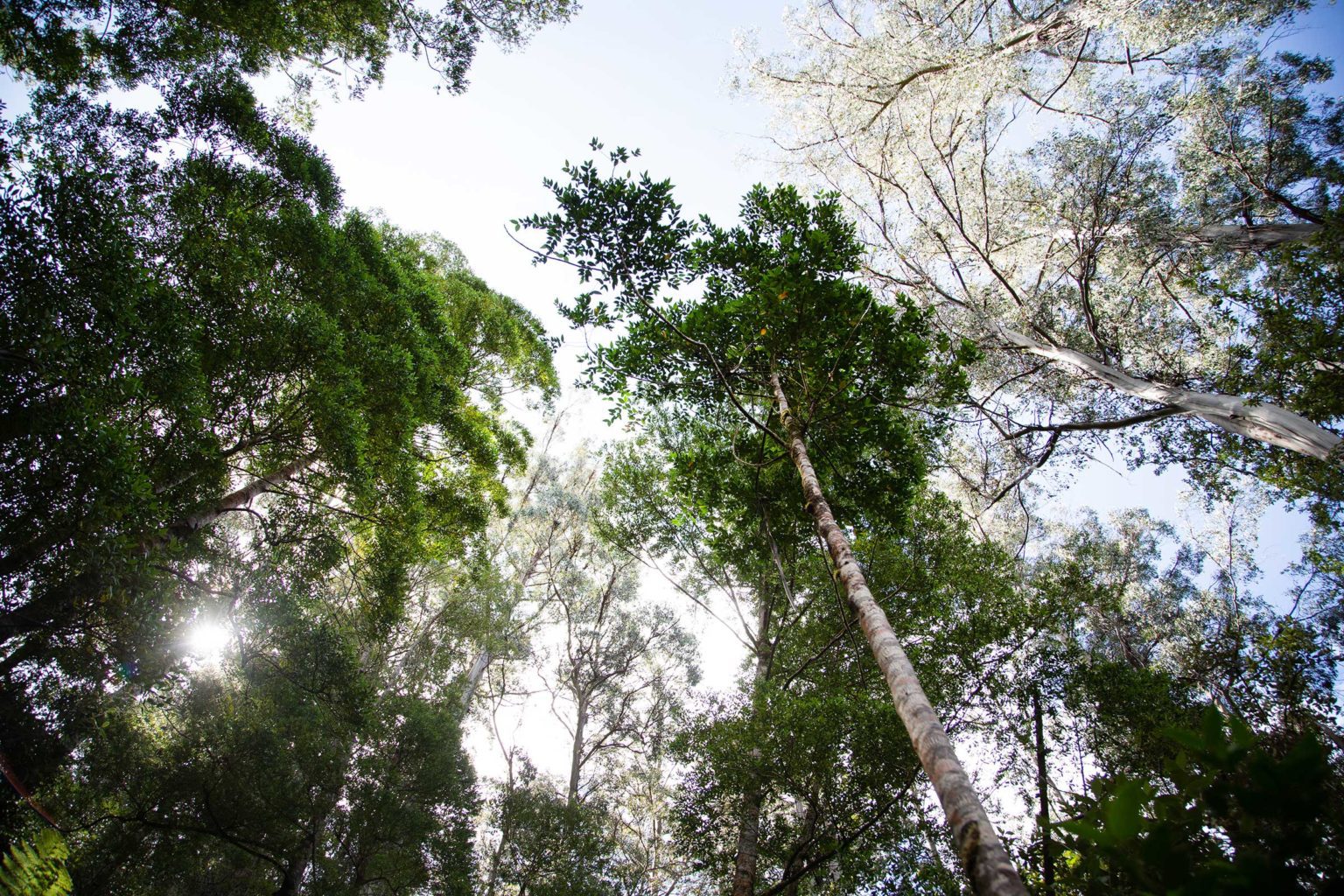It’s no secret that the world is warming.
With temperatures expected to rise to 3.2°C this century, there has never been a greater sense of urgency to limit greenhouse emissions.
Increasing the use of sustainable timber in construction has been recognised as a key method of reducing carbon emissions by the United Nations in the Emissions Gap – Report 2019.
Sustainable timber refers to timber that has been harvested in a responsible manner, ensuring that for every tree cut down, another one is planted. It also means that there is no ecological damage to the surrounding environment.

The United Nations report preference materials like timber, bamboo and other plant fibres over the construction industry’s use of reinforced cement, masonry or steel frames. These materials have the potential to significantly reduce lifecycle greenhouse gas emissions in the production of materials and carbon storage. Building codes are being modified to recognise advances in technology to allow for wider use of timber, even for taller buildings.
The International Resource Panel estimates that the move to lightweight structures, those made of wood and other plant fibres, could see 8–10 per cent of greenhouse gas emissions related to materials in residential building construction saved in the G7 (Canada, France, Germany, Italy, Japan, the United Kingdom and the United States) and China.
When it comes to the recycling of construction and demolition waste from residential buildings, about 13–19 per cent of greenhouse gas emissions is offset from building-material production in the G7.
At Evostyle, we’re playing our small but important part in creating a greener world. There’s no greater example of our commitment to sustainability than our wall panel product, Evove. Offcuts of wood that would otherwise go into landfill and release CO2 is re-purposed into this beautiful product. Each square metre of Evove wall panels stores approximately 12kg of carbon for the life of the product.